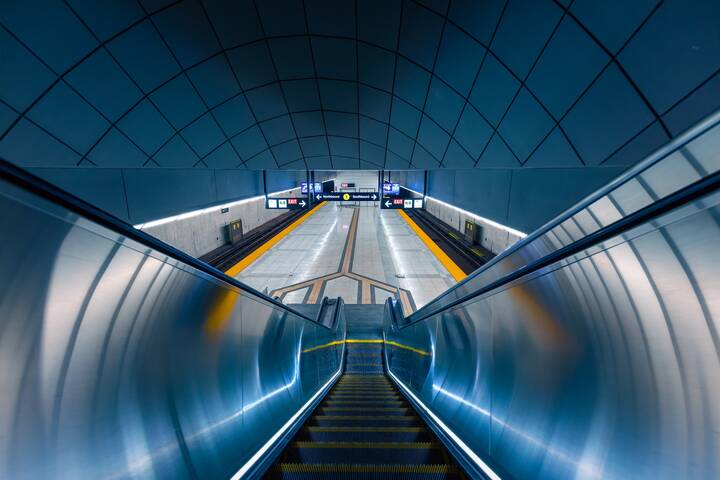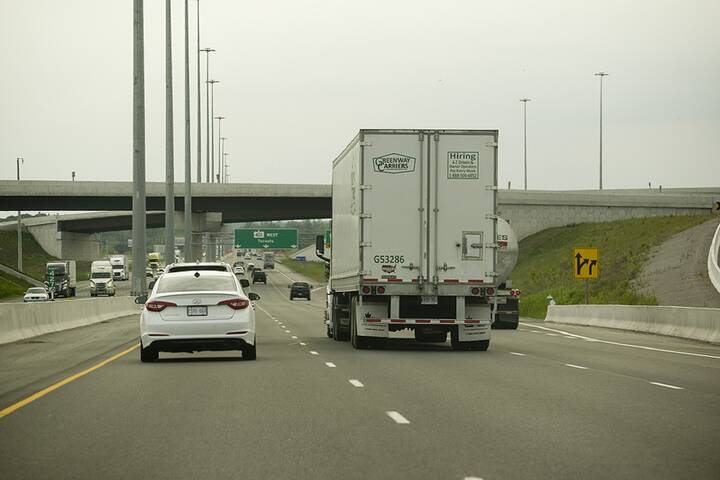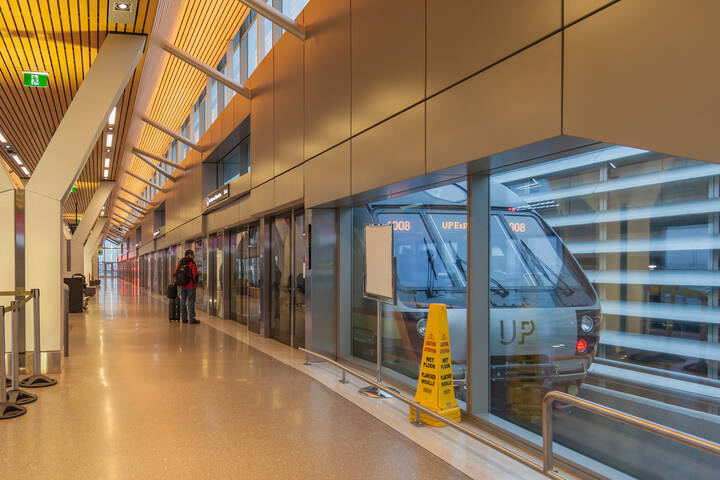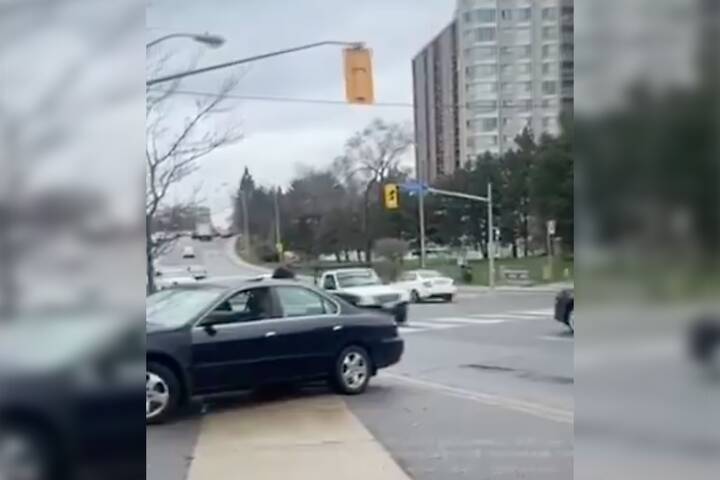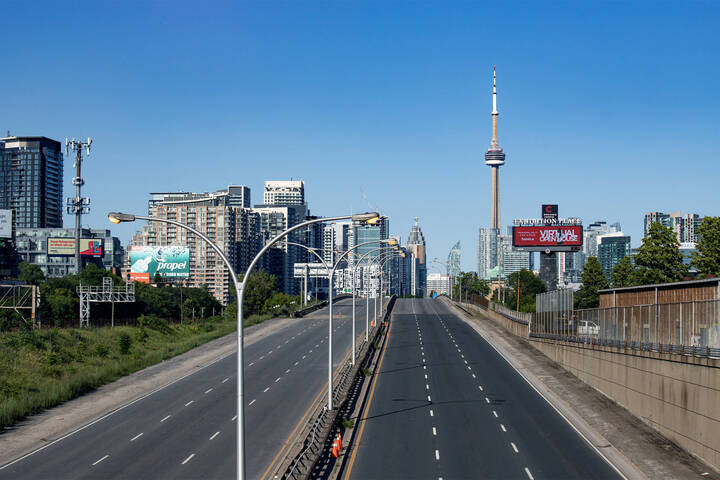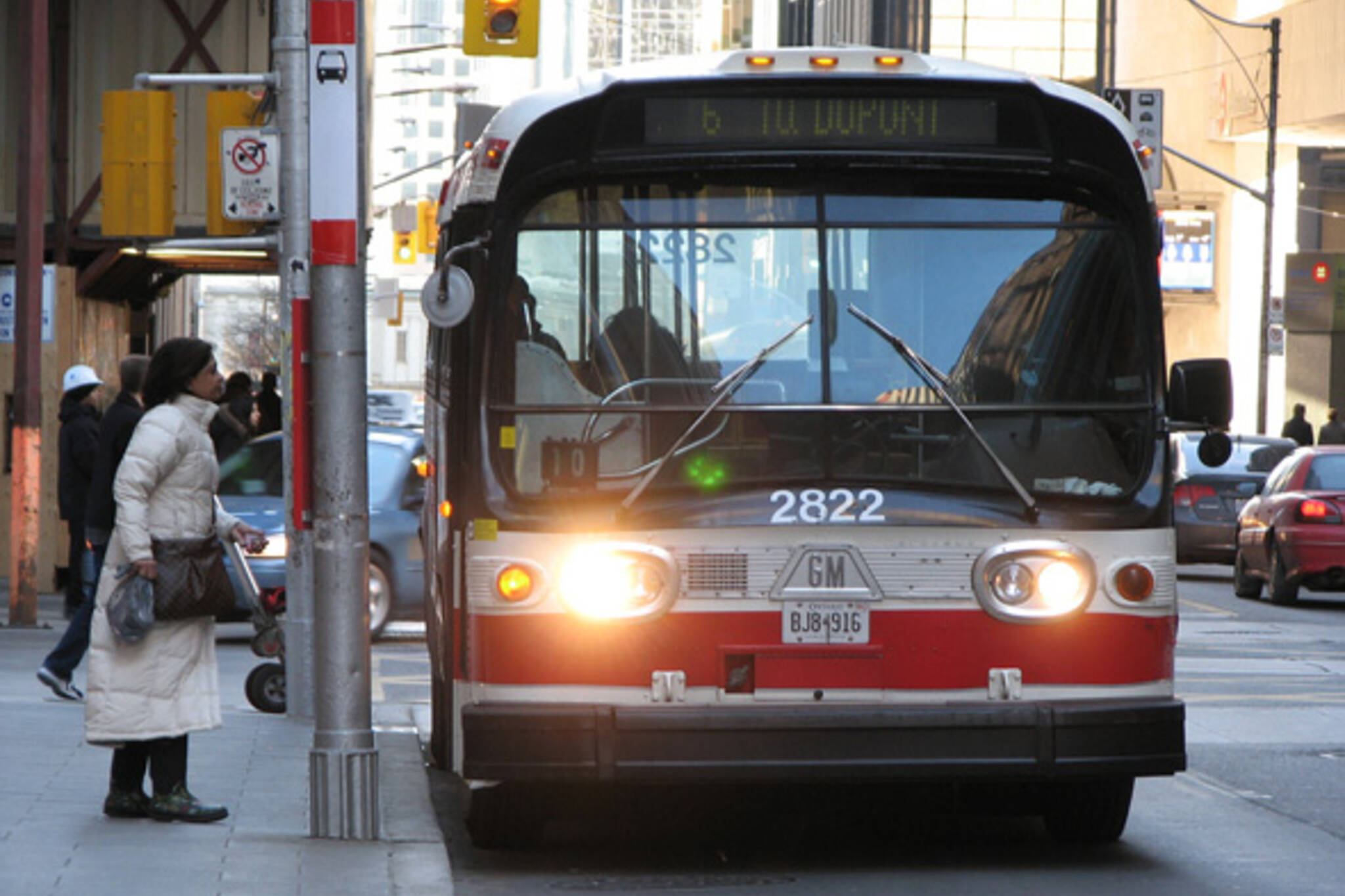
TTC service cuts and the "greater good"
As was widely reported today, the TTC formalized their plan to reduce service on 41 under-performing bus routes. Despite the hours of public deputations in which riders explained the difficulties that they'd face if their routes were cut, the Commission proceeded exactly as it indicated it would on Monday. That's not, of course, surprising. But what was at least interesting was the way that TTC Chair Karen Stintz characterized the nature of the service reductions.
Addressing those in attendance, Stintz explained the TTC's rationale as follows: "At a time that we have the highest ridership growth that we've seen in our city, it's not on these routes.... We need to put the resources where the greatest good will be served."
Putting aside a longer debate about whether or not Utilitarianism should serve as the basis for decisions related to public transit accessibility, if one were to consider only the number of riders affected in this particular instance, Stintz's reasoning would be sound enough. Similarly, if the TTC wasn't diverting the savings from these service reductions to increases on busier routes, it'd be hard to argue with the Chair's logic.
But, given that the decision to reduce service on the routes in question has been made expressly so that the TTC can beef up service elsewhere, I wonder if there's a potential flaw in this logic. Public transit expert Steve Munro seems to think so. In an entry on his blog earlier today, he took issue with Stintz's characterization of both the riders' desire to save evening and weekend service on their routes and the "greater good" reasoning behind the cuts.
"The real insult came in Stintz' characterization of riders' pleas as being from self-interest, from saving their own routes at the expense of riders on busier routes elsewhere. That completely misrepresented the majority of the presentations. Some spoke of special needs for residents in neighbourhoods. Some spoke of safety walking late at night. Some showed that TTC riding counts were clearly off because actual usage was higher than TTC stats claimed," he wrote in summarizing last night's meeting.
It's likely impossible for a chronically underfunded system to strike a balance that'll please all riders, but I suspect it is legitimate to ask whether longer wait times for a greater number of people trump the outright loss of service for a smaller group, especially when factoring in issues like safety and special needs accessibility. The relative hardships faced by riders in an imperfect system are difficult to define, but the TTC's criteria in making these cuts - even if preferable to its previous iteration - doesn't take this into account at all.
Photo by MrDanMofo in the blogTO Flickr pool.
Latest Videos
Latest Videos
Join the conversation Load comments
